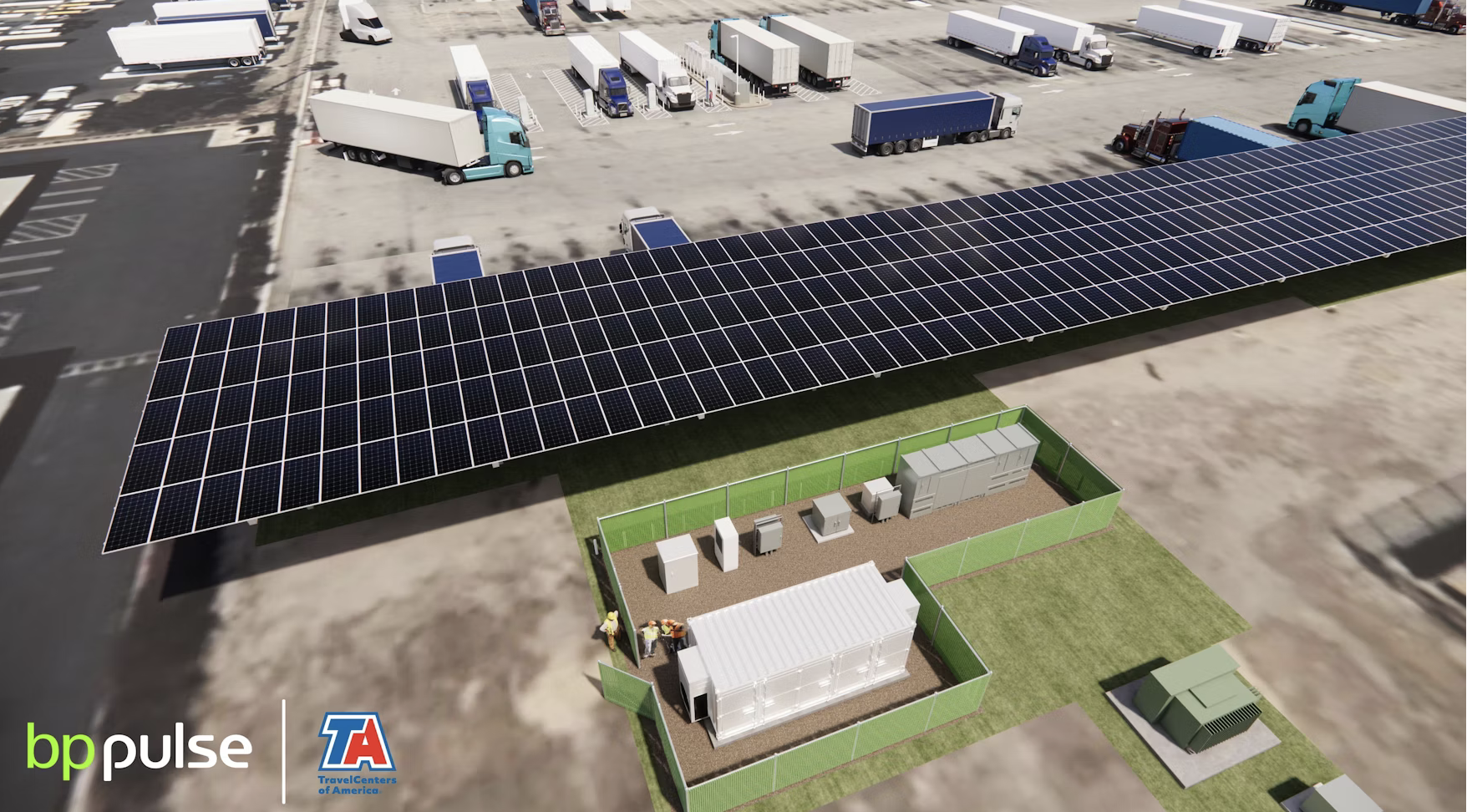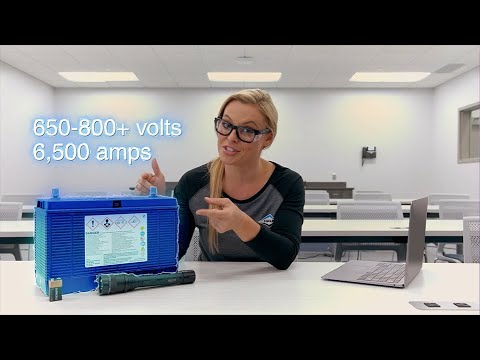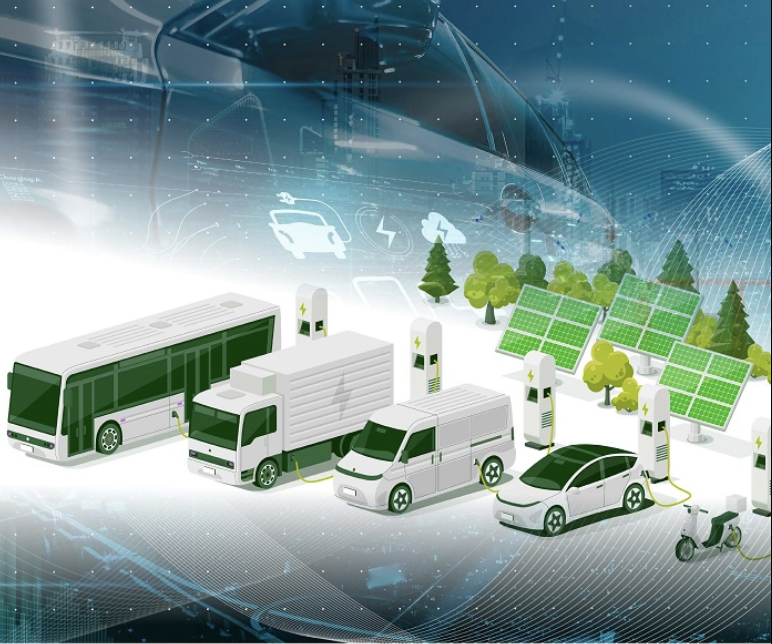
Speaking to Clean Trucking, Horton said he firmly believes Megawatt charging is critical and its implementation, in general, is not progressing fast enough. “There is a clear need for Megawatt charging,” he said. “Some progress is being made but it’s a technology that can’t come soon enough.”Megawatt charging, also known as Megawatt Charging System (MCS), is a charging connector that provides significant amounts of power to electric vehicles. It is designed to enable faster charging times for large battery packs, which are required for long-haul trucks and other commercial vehicles types. It is possible for medium- and heavy-duty truck drivers to get up to 300 miles of range in less than 30 minutes of charging.
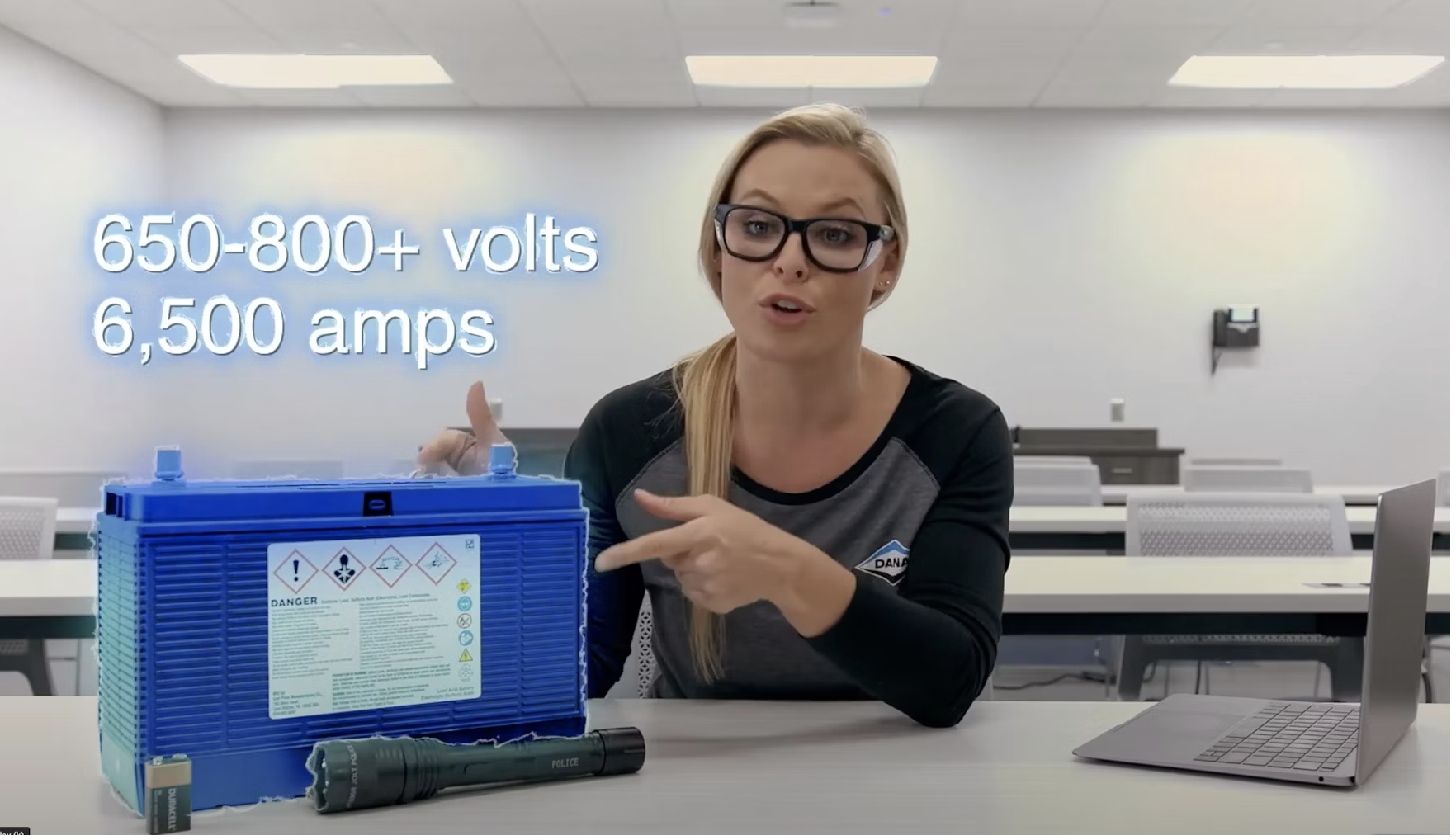
Learn electricity definitions, battery types, thermal, chemical, and mass risks, and proper disconnect and battery shipping and storage.Please watch the Driveline Forensics Electric Vehicle Safety and LV HV MSD Disconnect video and follow all safety procedures.Never disconnect cables at the junction box before disconnecting at battery and always wear proper PPE.This video is not intended to replace the original owner’s manual or your shop’s safety guides. In the event of a discrepancy, always refer to the manufacturer’s manuals/guides and your shop’s safety protocols.Neither Dana nor anyone connected to this video is responsible for your use of the information contained in the video. Use at your own risk. Always wear proper PPE when working on electric vehicles.
Learn electricity definitions, battery types, thermal, chemical, and mass risks, and proper disconnect and battery shipping and storage.
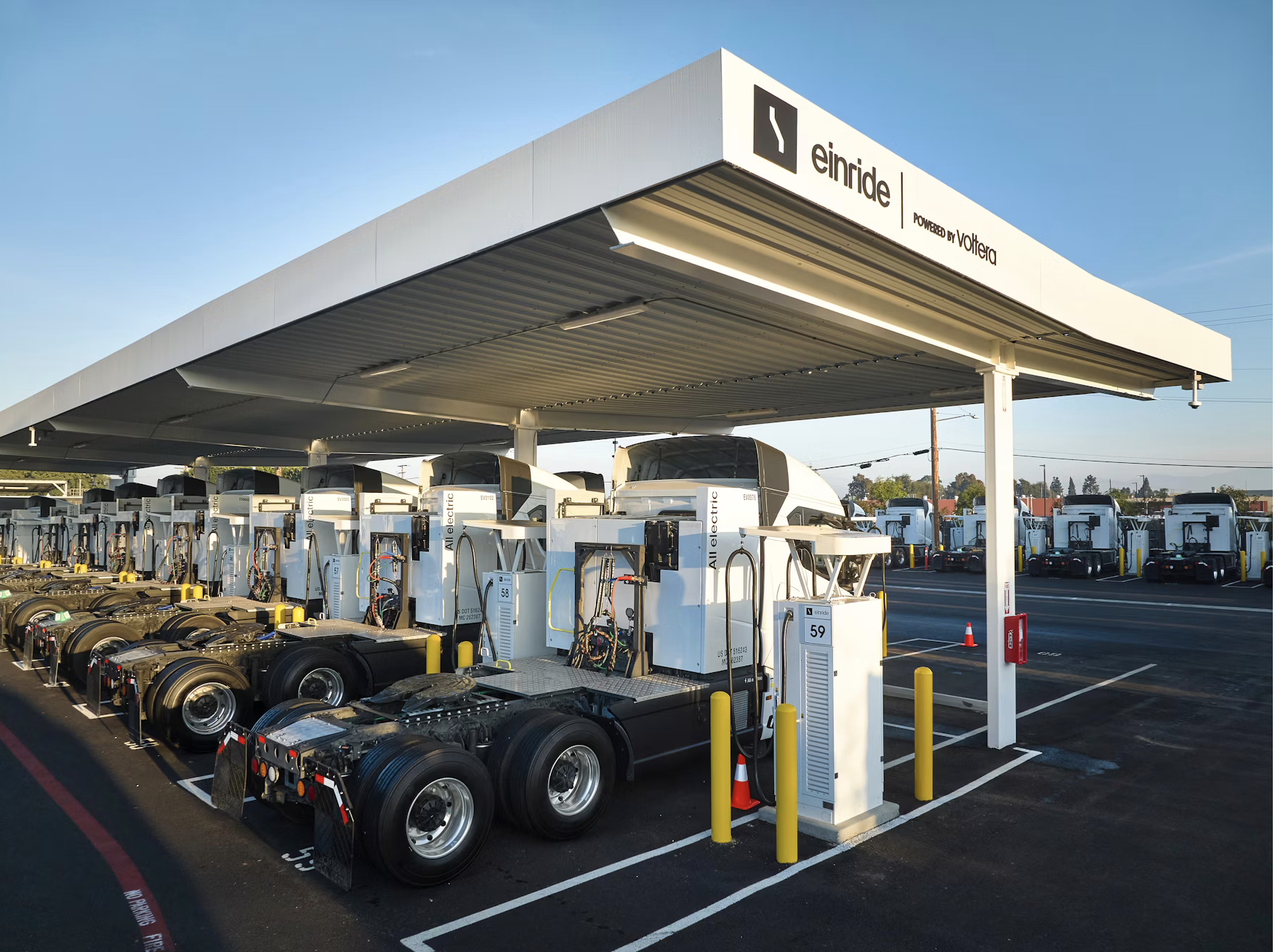
BP Pulse and TravelCenters of America have begun construction of a solar-powered medium- and heavy-duty truck charging site in Ontario, California and aims to be operational in 2025.MYBROKER.COM TravelCenters of America/BP Pulse
